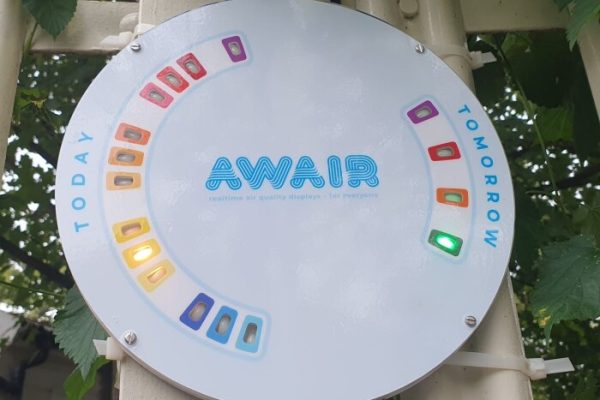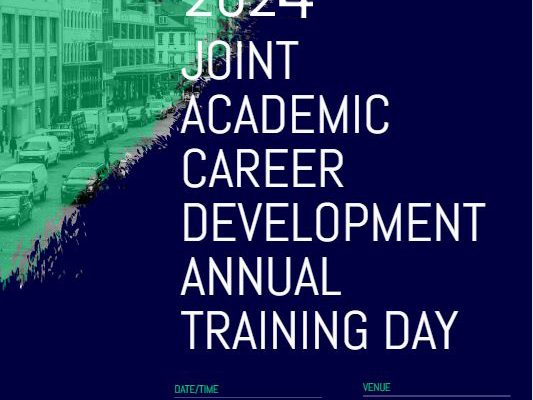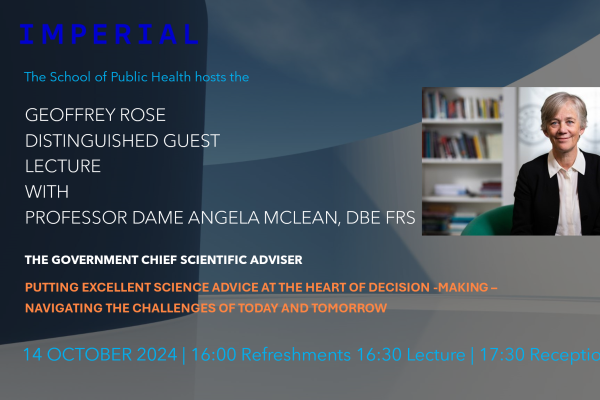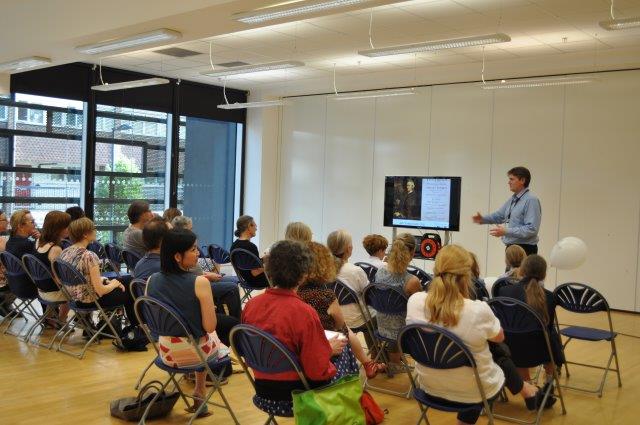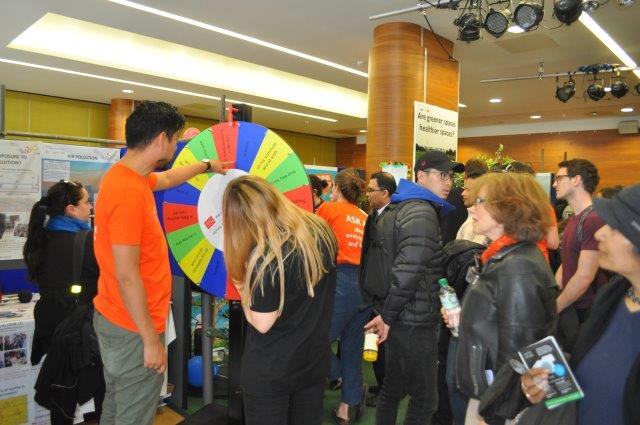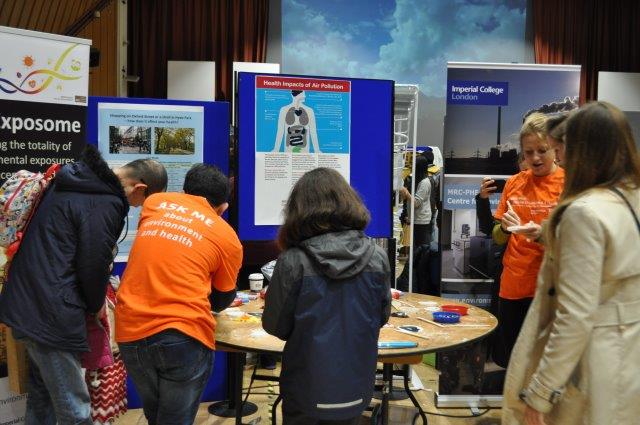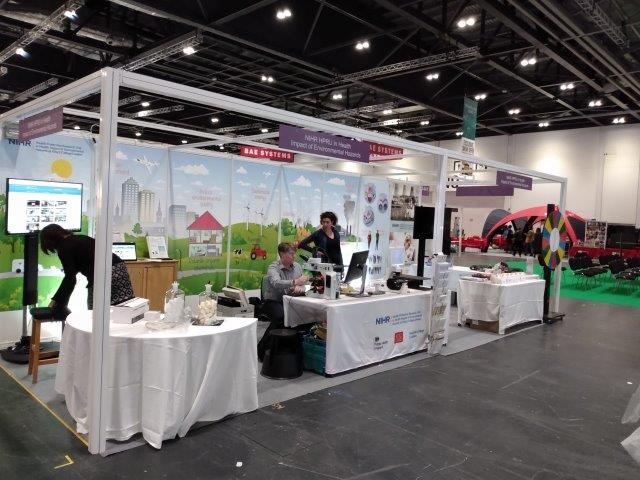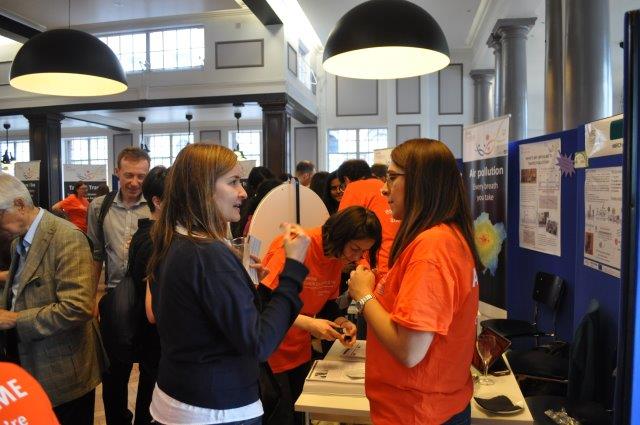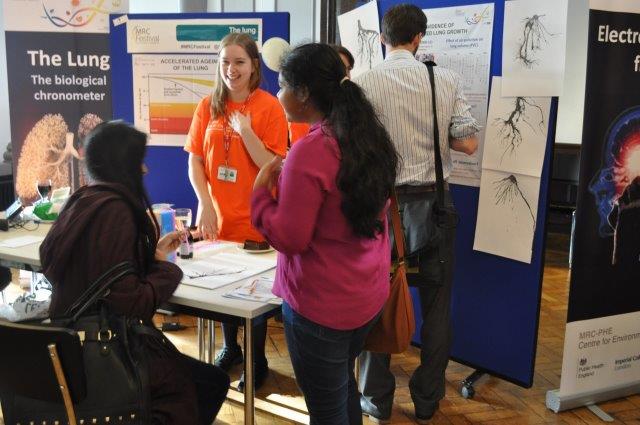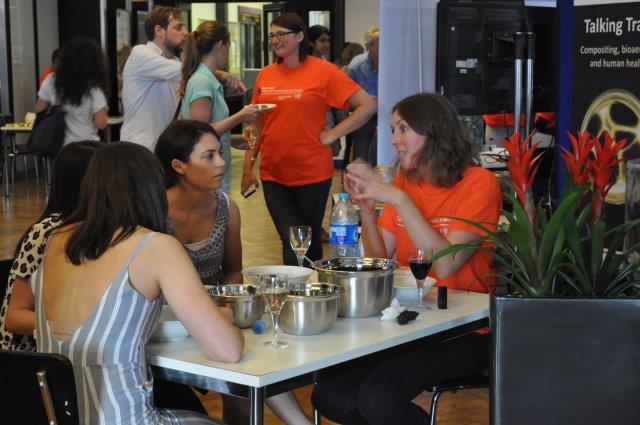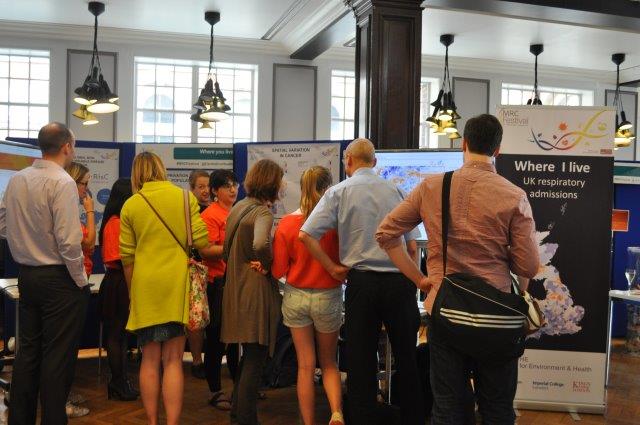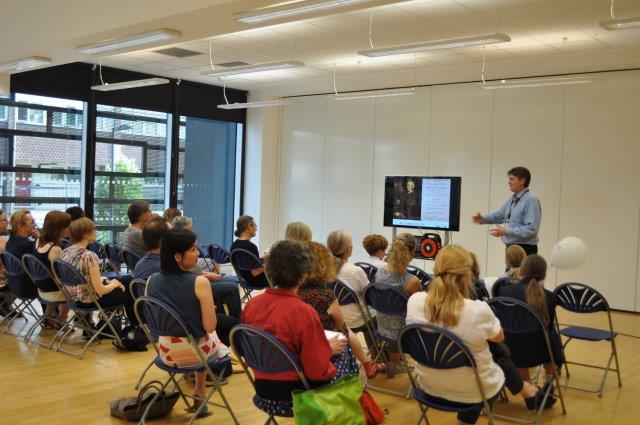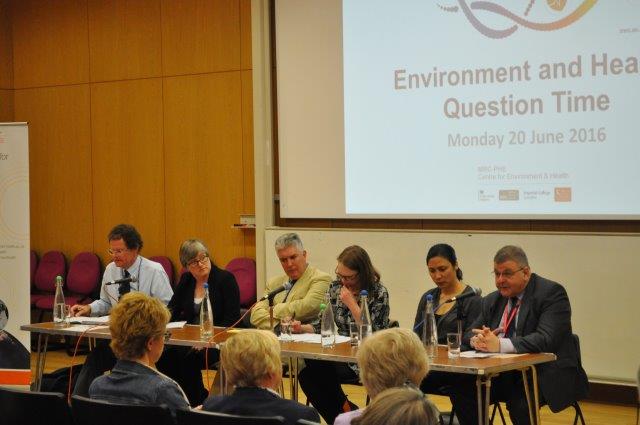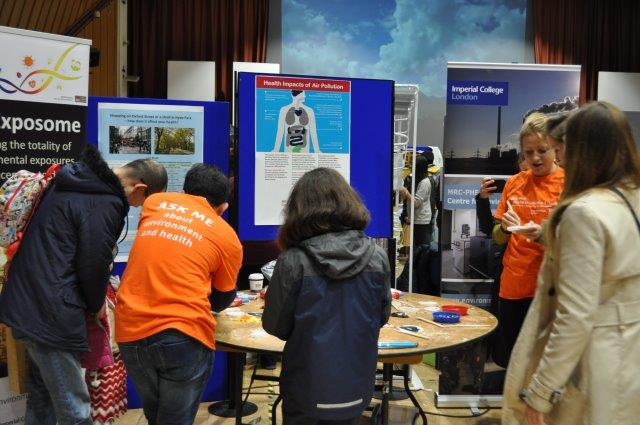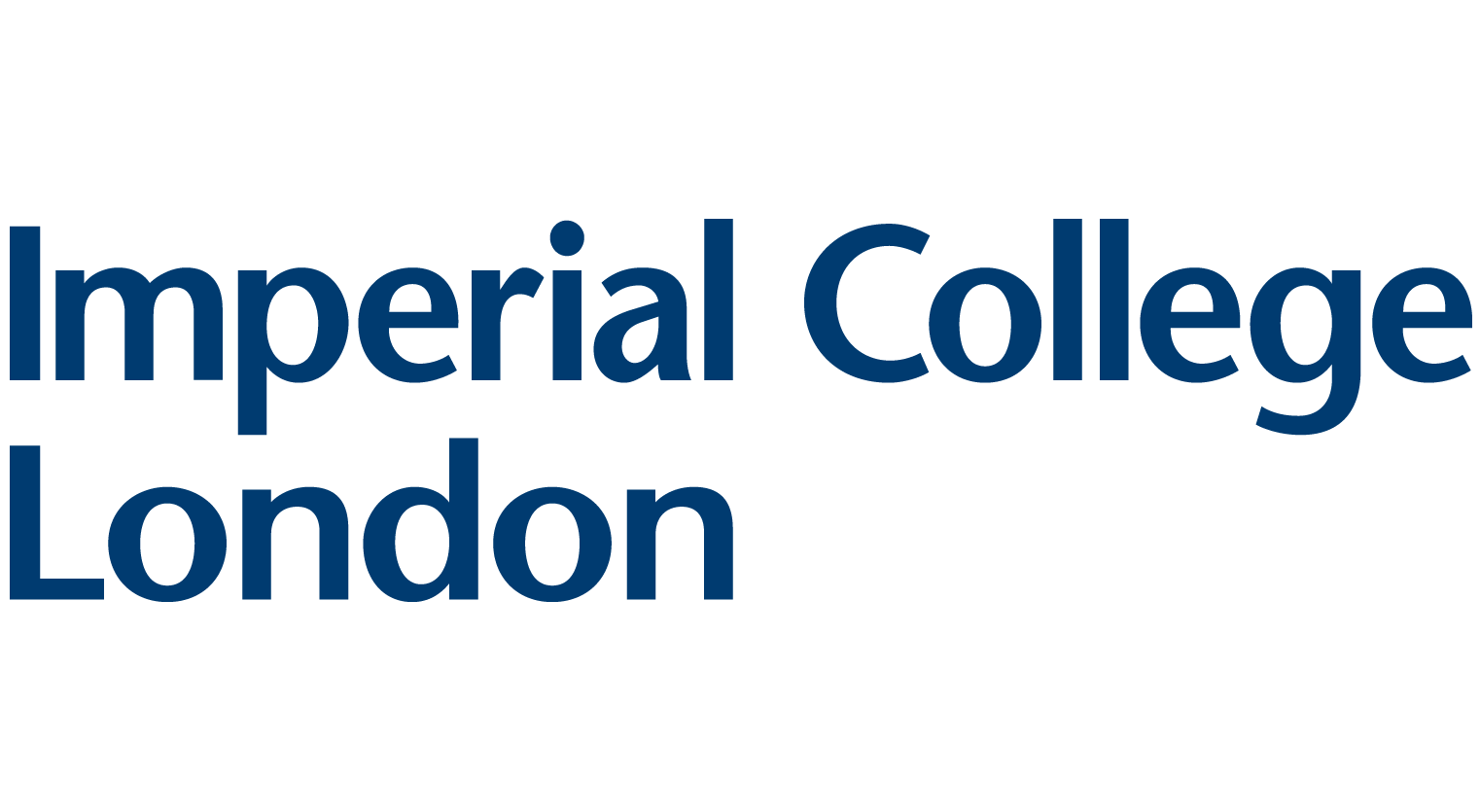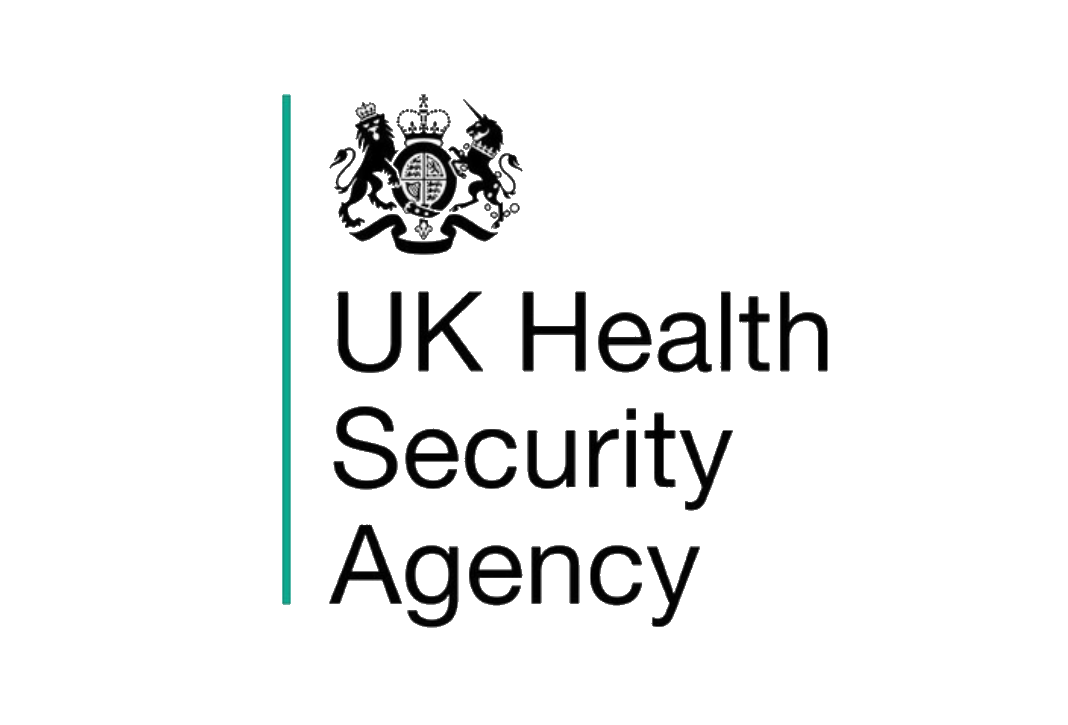Welcome
Welcome to the National Institute for Health Research Health Protection Research Unit (NIHR HPRU) in Chemical and Radiation Threats and Hazards at Imperial College London.
This HPRU is a partnership between Imperial College London and the UK Health Security Agency, in collaboration with King’s College London and the MRC Toxicology Unit at the University of Cambridge.
We have strong links with the Environmental Exposures and Health HPRU and the MRC Centre for Environment and Health. To ensure we operate as a highly collaborative matrix, analogous to UKHSA’s multi-functional, single-agency model, we have created a Joint Steering Committee, Training Programme Committee, Public and Community Involvement, Engagement and Participation Committee and Public and Community Oversight Group.
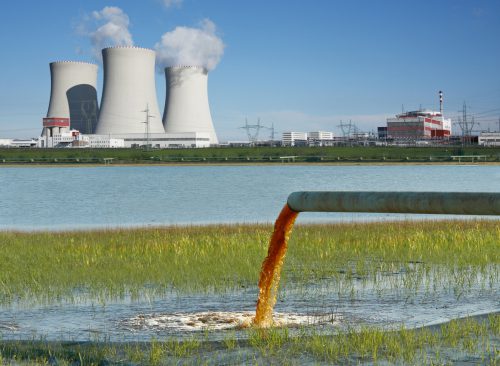
Mission
The mission of this HPRU is to address today’s most pressing chemical and radiation threats and hazards, to advance our understanding of how the everyday and exceptional contact we have with chemicals and radiation leads to ill health and deliver timely impact on policy to improve the long-term health of the nation. Research of the highest quality will be undertaken, focusing on specific agents and situations, including ionising radiation, electromagnetic fields, ultra-violet light, neurotoxins, flame retardants, re-developed brownfield sites and contaminated drinking water. Our aims are to improve the understanding of the distribution, determinants and pathways linking these exposures to health effects, to provide scientific evidence that will impact directly on public health practice and policy, and to train the next generation of research leaders in environment and health.
Research
The research programme is organised into four complementary themes focusing on: generating new knowledge and understanding of chemical and radiation disease mechanisms and risks to health; information on exposure-response relationships and their quantification based on occupational, patient and population cohorts; discovery and application of biomarkers of exposure, effect and susceptibility; novel methods for the in vitro identification of radiation and chemical causes of cancer, circulatory diseases and neurological dysfunction; application of biomarkers to assess chemical and medical radiation exposure risks and risk mitigation and control of chemical warfare agents and other high toxicity compounds.
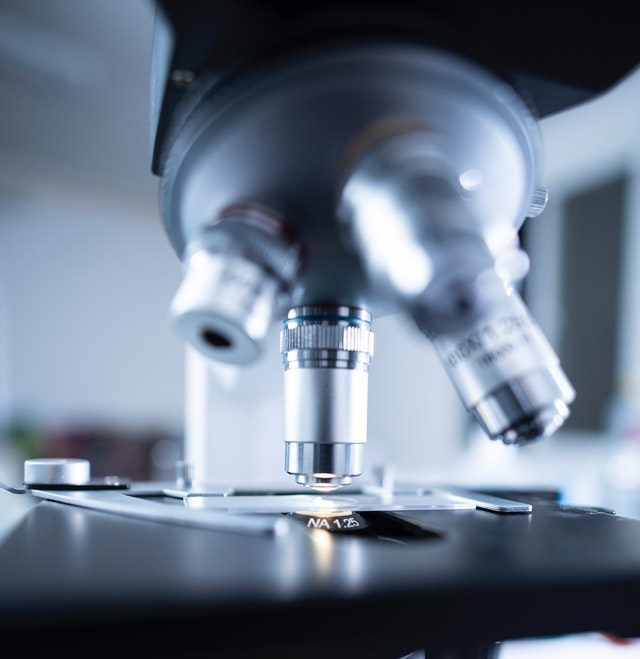
Theme I
Adverse outcome pathways and exposure-response relationships for ionising and non-ionising radiation:
- What are the health effects of exposure to ionizing radiation in specific population groups?
- What, if any, are the health effects of exposure to radiofrequency electromagnetic fields in users of mobile telecommunications devices?
- What are the risks and benefits of UV and light exposures on health?
Theme III
In vitro testing and integration with epidemiological data
- What are the cellular processes involved in mutations and other biological changes caused by exposure to chemical carcinogens and ionising radiation?
- Can these biological signatures of environmental toxicants be used to identify exposures to particular causal agents in population studies?
- What is the effect of the gut microbiome in detoxifying common environmental pollutants?
Theme II
Biomarkers of exposure, effects and susceptibility to chemicals and radiation
- Can we identify reliable biomarkers of exposure to chemicals and ionizing radiation?
- What are the biochemical and mechanistic pathways linking these exposures to adverse health effects?
- Can this knowledge on causal pathways be translated into policies for protection against chemical and radiation hazards?
Theme IV
Neurotoxins and high toxicity agents
- What are the mechanisms of neurotoxicity of certain high toxicity chemicals and chemical warfare agents?
- Can we design/identify molecules that simulate or absorb and decompose high toxicity agents to develop safe decontamination protocols?
- Which high toxicity agents are present in the environment and pose a greater risk in drinking water supplies?
Partners
This HPRU brings together the expertise in epidemiology, biology, chemistry, toxicology, statistics and ‘omics’ technologies, from four leading UK research partners to produce the scientific evidence needed to support the effective protection of the population from chemical and radiation risks.
For information on the research programmes and latest news for the NIHR HPRU in Environmental Exposures and Health and on the MRC Centre for Environment and Health please follow the links to their websites.
Latest News
-
Women exposed to MWI emissions show small increase in breast milk pollutants
Posted on December 19, 2024Continue readingToxic chemicals in breast milk have been identified in mothers living near waste incinerators in the UK, a study has found. The study looked at complex chemicals called polychlorinated biphenyls (PCBs) and dioxins. These are found in the fumes from burning waste and can persist in the environment for a long time. They can also […]
-
AWAIR pilot launches new air quality displays in London neighbourhoods
Posted on September 26, 2024Continue readingNew air quality displays have been placed in London neighbourhoods as part of the launch of the AWAIR project, supported by Impact on Urban Health. The project, run by the Environmental Research Group, aims to raise public awareness of air quality in London through the piloting of co-designed, solar-powered outdoor displays that communicate local air […]
-
2024 Joint MRC Centre and NIHR HPRUs Annual Training Day – 10 October 2024
Posted on September 25, 2024Continue readingWe are delighted to announce that we will host the fourth Joint Annual Training Day event for the MRC Centre in Environment and Health and the NIHR HPRUs in Chemical and Radiation Threats and Hazards and in Environmental Exposures and Health, on Thursday, 10th October 2024, at the Royal Society. This will be an exciting […]
-
In conversation with Yvonne Aki-Sawyerr: Towards a Sustainable and Inclusive Future
Posted on September 18, 2024Continue readingProfessor Frank Kelly, Humphrey Battcock Chair in Community Health and Policy, and Director of the Environmental Research Group, Imperial College, Chairs the event, with the Mayor of Freetown and Co-Chair of the C40 Cities Network, Yvonne Aki-Sawyerr in discussion. Find out more.
-
Invitation to Seventh Geoffrey Rose Memorial Distinguished Guest Lecture | 14 October 2024 | Imperial College London
Posted on September 17, 2024Continue readingWe are delighted to announce the Seventh Geoffrey Rose Memorial Distinguished Guest Lecture will take place in-person on Monday 14th October 2024. This the seventh in a series of lectures by distinguished guest speakers hosted by the School of Public Health in memory of Professor Geoffrey Rose, one of the foremost epidemiologists of the 20th […]



